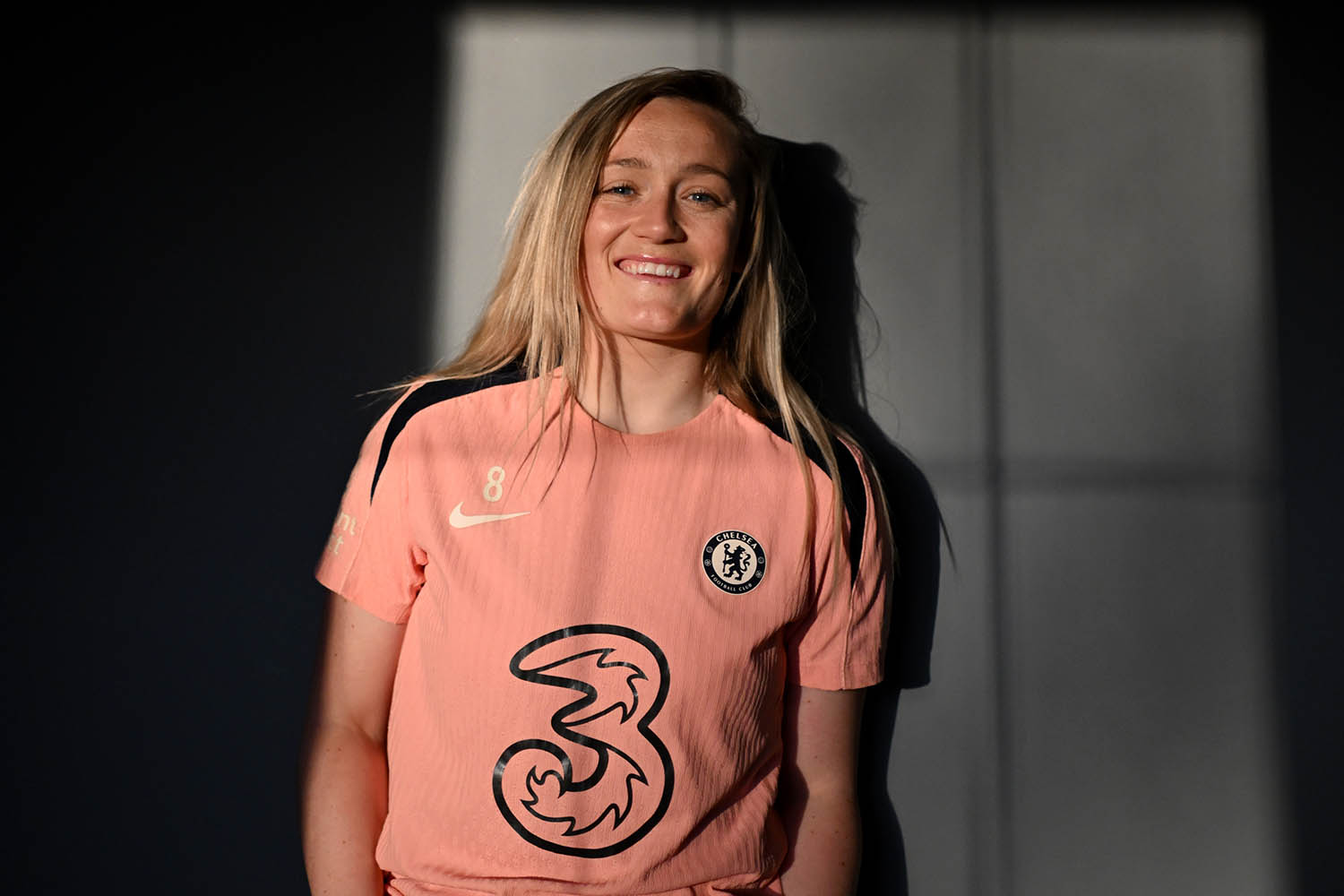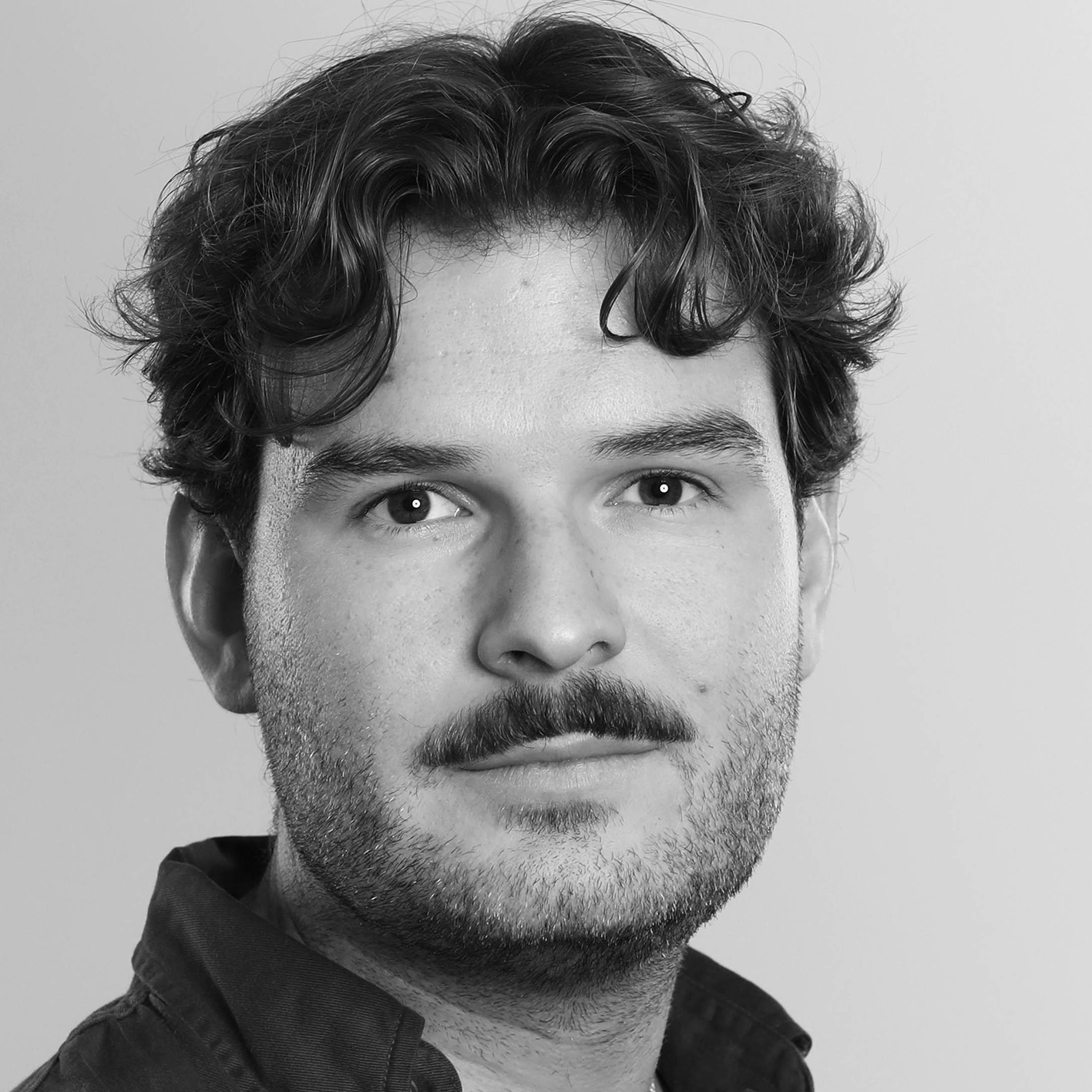‘When you play football at the highest level, it really consumes you.” Erin Cuthbert leans forward and meticulously inspects her boots. “If it consumes you to the point where it’s too much every day, then you start to hate it. And there’s been a good few times where I hated football. Even at points last season, I hated football.”
With an extrovert’s charm and affability masking an anxious undercurrent exposed by an ever-shaking leg, Cuthbert speaks to The Observer with Chelsea aiming for a seventh consecutive Women’s Super League title and, far more importantly, a first Champions League triumph. Watching Arsenal’s victory in Lisbon was, euphemistically, “quite difficult”, but less so than Euro 2025.
“I didn’t want to watch the Euros, to be honest,” she says. “I always said qualifying for the World Cup for Scotland was the best moment of my life in football, and nothing will ever take that away from me. To do that again would just be unbelievable. Forget all the domestic trophies that we’ve won. I’m so proud to be Scottish and represent my country – nothing can ever come close to that.”
And so she spent her summer “on a good few holidays”. “It totally worked for me,” she says. “I just wanted to switch off my team-mates – I didn’t speak to most of them for two months, and I enjoyed it, but now I’m back, and I’m happy to see them. You need that switch off, as much as the game is physically demanding, it’s getting a lot more mentally demanding. I can’t just go on social media and have a scroll without seeing something work-related that triggers me or something football-related.
“It was important for me to stay off social media as much as I could over the summer, and also as much I could away from the football, and just feel like I’m a bit of a normal person, just feel like I could breathe. Because the last few months of the season, you almost feel like you’re drowning a little bit. So you just gotta come back up for a little bit of air sometimes.”
During the season, Cuthbert distracts herself with golf, spider solitaire and Spanish lessons, but maintaining a level of excellence like hers exhausts and erodes, requires a sacrifice of not just time and energy, but of yourself. Chelsea’s reigning player of the treble-winning season, she was named in the Professional Footballers’ Association WSL Team of the Year for the second consecutive campaign, under two different managers. Having signed a new contract in March, she will likely stay until summer 2027, a decade at Cobham.
Of the current squad, only Millie Bright has been at the club longer, and Cuthbert has won seven WSL titles, five FA Cups, three League Cups and reached the 2020-21 Champions League final. When Cuthbert left Glasgow City in 2016, at 18, she also had to quit her Saturday job at Morrison’s. Few have contributed more to the construction and maintenance of the all-consuming, all-dominating leviathan Chelsea have become.
Part of Cuthbert’s mental struggles last season were the result of recurring injuries and “niggles”. She returned early for pre-season to “sort some ongoing knee issues”, a privilege she calls “the only positive thing” about missing Euro 2025.But the primary fascination around dynastic teams like Chelsea is how motivation endures when winning becomes habit rather than novelty. Cuthbert believes Chelsea “started slipping up” throughout last season, although they remained unbeaten across three domestic competitions.
“[Motivation to win] is innate, you’ve either got it or you don’t,” she says. “The fear of losing motivates me, the fear of watching another team lift the trophy. It’s very possible the league’s getting more competitive, stronger, the gap’s closing. That’s what separates good and great – it never gets boring. Winning becomes addictive. If I lose at small-sided [games], I’m walking off the pitch in a bad mood. Losing and winning should matter.”
‘You almost feel like you’re drowning. So you just got to come back up for air’
‘You almost feel like you’re drowning. So you just got to come back up for air’
She grins mentioning an in-house pre-season match in which “people were kicking lumps out of each other”. The obsessive identity and philosophy forged by former manager Emma Hayes has been upheld by Sonia Bompastor. “[Bompastor] will never let you be comfortable. We’re doing longer duration drills. We’re doing more intensity, shorter and sharper, competitive games, possession games that are lasting longer. You’re doing double and triple defensive efforts.
Newsletters
Choose the newsletters you want to receive
View more
For information about how The Observer protects your data, read our Privacy Policy
“She wants intensity all the time. What I like is she’s quite brave in the midfield. If we make a mistake, it doesn’t matter. She would rather we take the ball 100 times and lose it 10, than take the ball 10 and lose it one. This pre-season has been about building connections and relationships, it’s been about pass appreciation – where you play the pass, how you set up your team-mate.”
One of Cuthbert’s lessons from working with two extraordinarily successful coaches is that she could never imagine herself in the same role – too many hours, too stressful. Instead she is increasingly attracted to the business of the game, reading books around the subject, often asking commercial staff about the club’s position and what players can do to help.
So what is CFO Erin Cuthbert’s big idea for growing the WSL’s profile? “Keep more rivalries, make it more hostile. Give women’s football its needle back.” She recalls her 91st-minute diving header to beat Manchester City away in March.
“It reminded me of a proper men’s football away end,” she says. “It meant something to players, and fans want to come back for those electric moments. We don’t want it to be so monotone that we don’t have those moments. I just remember how it made me feel, how special that was. I’d love to create that in some way.”
Photograph by Harriet Lander/Getty Images



